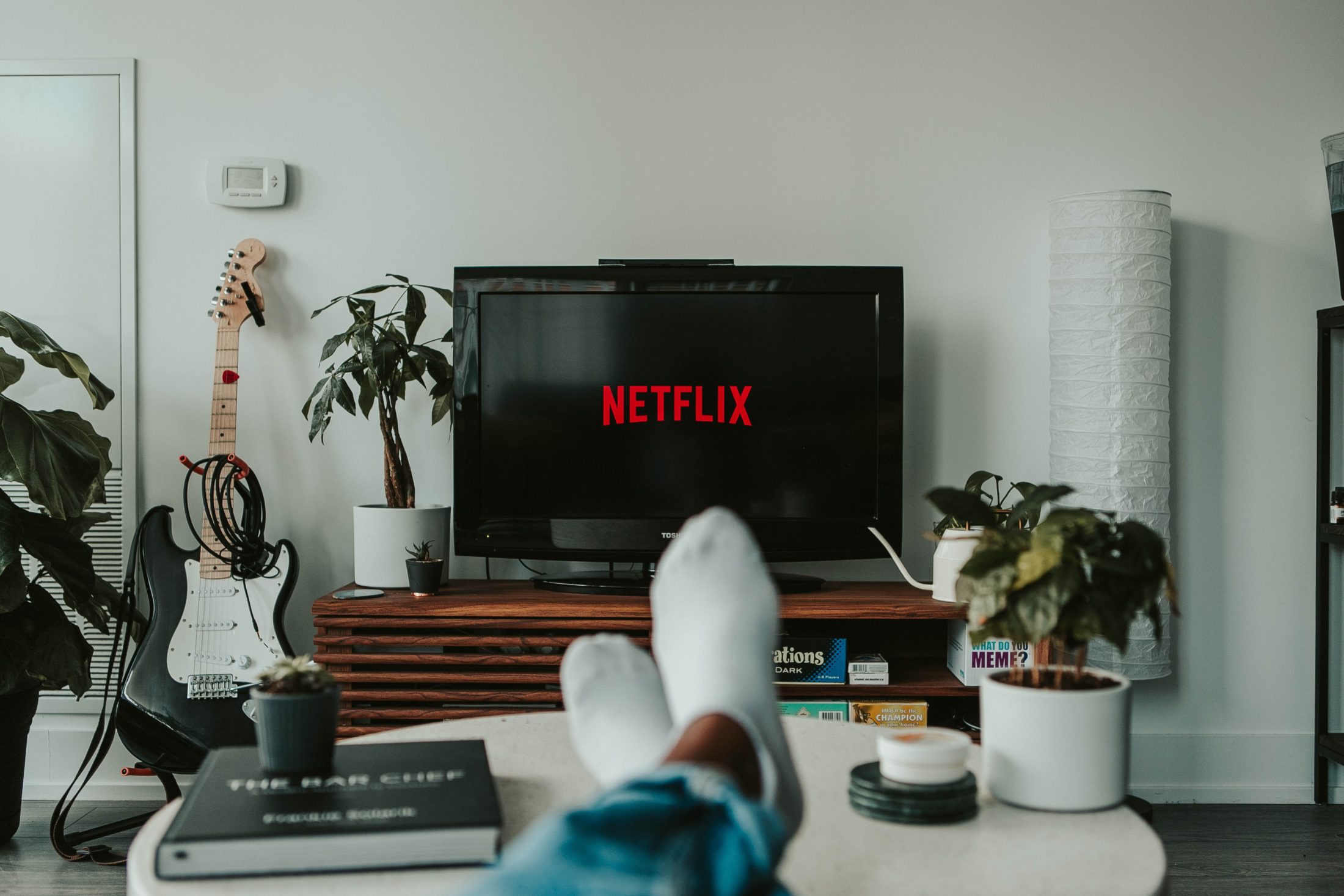Screen and Film School Brighton‘s student blogger Zac Haydn-Jones takes a look at how streaming has changed the film industry and what this means for future filmmakers.
The world of film is ever-changing, whether it be through filmmaking technology or genre trends, it’s an environment that’s often unpredictable, but nothing has changed the industry so much as the introduction of streaming services.
It has changed the film industry in many ways but none more so than the monetisation of films. Prior to streamers, production companies relied on two rounds of film revenue. The first in the form of cinema tickets at the box office, then the second, in the form of DVDs and other physical copies. This monetisation method worked a charm for a long time, often providing production companies with a second round of revenue almost equivalent to the first. Then Streamers came along, making the DVD obsolete and avenging the VHS.
While Streamers mostly annihilated the revenue from DVDs they did also provide a new opportunity for revenue in the form of licensing, Netflix (for example) pay a separate production company for the license to stream a certain film on their platform.
While these numbers aren’t publicly released you can imagine they probably have rather a lot of commas. Even so, big companies began to feel like they were losing potential earnings and started their own streaming services. Now almost every large company has its own streamer; Disney/ Fox has Disney+, Universal has Peacock, Warner Bros has HBO Max and so on. Each company has come for a piece of the streaming pie and in doing so have created what’s been named a ‘streaming war’, a battle for attention, and only time will tell which streamers make the cut.

Monetisation isn’t the only way streamers have disrupted the geography of the industry; they have also introduced the rise of television series. TV was always popular; since it was introduced it has been the easiest and most accessible form of entertainment but streamers have taken this industry to a new level. Series content gives creatives the opportunity to tell longer, more fleshed-out stories and the budgets from streamers mean that they can do that without skimping on quality.
Seven of Screen Rant’s ‘15 most expensive TV shows ever made’ are from either Apple, Disney, Netflix or Amazon. Streaming services have also introduced the rise of the documentary, providing a home for them in which they’ve thrived. Whereas before the public might not have wanted to pay to see one, now there are a wealth of documentaries at their fingertips, accessible at any time.
Netflix have said that 73% of their user base watched at least one documentary in 2016 and streamers have realised this, increasing the output of documentaries hugely from 3,482 in 2000 to 12,164 in 2020 (Data from IMDB). There has never been a better time to be a documentary filmmaker.

But what does all this mean for young filmmakers in general?
Streamers provide eyes and ease of access, something hugely valuable for indie films. People are more likely to watch something when they have technically already paid for it than take a chance and buy a DVD. The ‘streaming war’ also creates a wealth of competition. If a film you’ve made is getting attention at a big festival it’s highly likely someone will come to you with a cheque and a contract. If you’re getting enough attention, it’s also likely that someone else will come in and offer more. Streamers need sign-ups and if they have the biggest or best film of the year, they’re likely to get a few.
As upsetting as it is to see streaming services hurting cinema attendance numbers, it seems that for people entering the industry these new tools will help not hinder. It’s not just in the creation of content that they help young filmmakers, but in the consumption of them too.
At Screen and Film School, the importance of consuming films from a variety of voices should not be understated. While I have spoken mostly about Netflix in this piece, streamers like BFI player (which you currently get access to for free at Screen and Film School) and Mubi, have a huge catalogue of foreign films which, without the existence of streaming services, you might never have had access to or known existed.
Are you interested in being a part of the new legacy at Screen and Film School Brighton?
Sign up to one of our Open Days:
Find out more information on our courses by clicking below:



